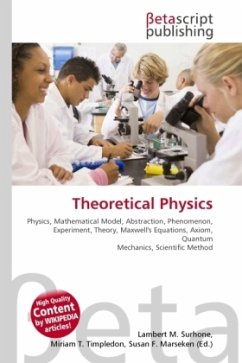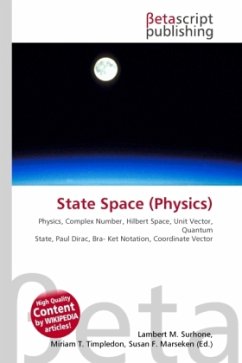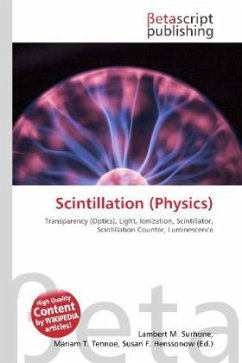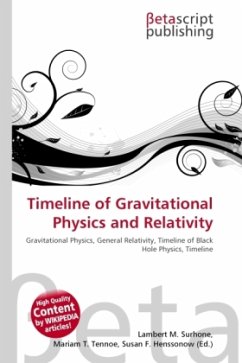High Quality Content by WIKIPEDIA articles! Theoretical physics is a branch of physics which employs mathematical models and abstractions of physics in an attempt to explain natural phenomena. Its central core is mathematical physics, though other conceptual techniques are also used. The goal is to rationalize, explain and predict physical phenomena. The advancement of science depends in general on the interplay between experimental studies and theory. In some cases, theoretical physics adheres to standards of mathematical rigor while giving little weight to experiments and observations. For example, while developing special relativity, Albert Einstein was concerned with the Lorentz transformation which left Maxwell's equations invariant, but was apparently uninterested in the Michelson-Morley experiment on Earth's drift through a luminiferous ether. On the other hand, Einstein was awarded the Nobel Prize for explaining the photoelectric effect, previously an experimental result lacking a theoretical formulation.
Bitte wählen Sie Ihr Anliegen aus.
Rechnungen
Retourenschein anfordern
Bestellstatus
Storno








